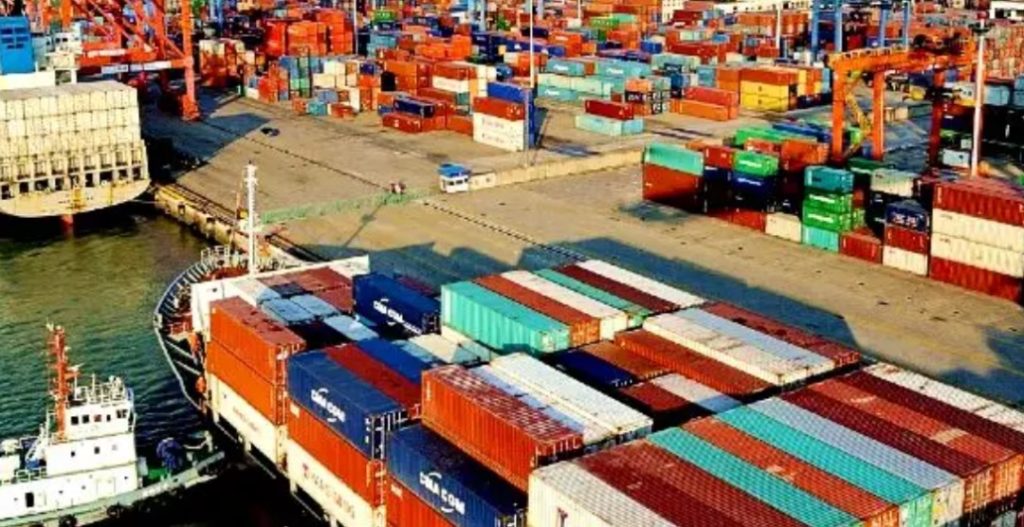Nigeria’s maritime sector is hemorrhaging substantial revenue due to the absence of a structured and regulated shipbroking system, resulting in annual losses exceeding $500 million. This financial drain stems from the lack of oversight and monitoring in vessel chartering, a critical aspect of maritime operations. Shipbrokers play a pivotal role in connecting cargo owners with vessel owners, ensuring technical compliance, conducting vessel vetting, and providing crucial market intelligence. Without a regulated framework, the collection of the cabotage tax, a 2% levy on every vessel contract, remains largely unmonitored, contributing significantly to the revenue leakage. Implementing a robust shipbroking system, overseen by qualified professionals, would ensure meticulous documentation and proper remittance of this tax, plugging the current financial loopholes.
The unregulated nature of shipbroking in Nigeria stands in stark contrast to international best practices promoted by organizations like the Institute of Chartered Shipbrokers (ICS). While the ICS offers globally recognized certification and professional development for shipbrokers, many Nigerian operators choose to disregard these standards, leading to suboptimal contract execution, compromised vessel performance, and increased risks. The scarcity of certified shipbrokers in Nigeria, fewer than 40 amidst a market saturated with unqualified individuals, further exacerbates the problem. This skills gap undermines trade reliability, hampers effective participation in frameworks like the African Continental Free Trade Area (AfCFTA), and impedes Nigeria’s ability to fully capitalize on its maritime potential.
The lack of professional shipbroking significantly impacts Nigeria’s logistics costs, which currently stand at 23% of the GDP, almost double the global average of 12%. This inflated cost is a direct consequence of inefficiencies in shipping and trade logistics, areas where qualified shipbrokers can provide expertise and streamline operations. Bridging this professional gap is crucial for reducing logistics costs, boosting intra-African trade, and addressing infrastructural deficits within the maritime value chain. The newly launched national maritime policy offers a promising framework, but its success hinges on dedicated manpower development and rigorous regulatory enforcement within the shipbroking sector. Prioritizing skilled professionals will revolutionize cargo movement, vessel sourcing, and contract structuring within Nigeria’s maritime domain.
The ICS plays a vital role in upholding professional standards within the maritime industry. It serves as a neutral platform for policy discussions, offering expertise in training and certifying shipbrokers, chartering agents, vessel sales experts, and cargo specialists, ensuring adherence to global best practices. The ICS’s mission in West Africa is to empower governments and private operators by building local capacity that aligns with international standards. A robust maritime policy requires a skilled workforce, a need directly addressed by the ICS’s training and certification programs. Beyond training, the institute contributes a neutral and credible voice to policy dialogue and compliance monitoring, further strengthening the maritime sector.
A glaring example of the dysfunction within Nigeria’s maritime sector is the underutilization of the Cabotage Vessel Financing Fund (CVFF). Intended to empower Nigerian shipowners and enhance their competitiveness within coastal waters, the CVFF has remained largely dormant for almost two decades. Bureaucratic hurdles and a lack of trust between regulators and beneficiaries have plagued the fund, preventing its intended purpose of bolstering domestic shipping capacity. The failure to effectively utilize the CVFF represents a missed opportunity to strengthen the Nigerian maritime industry and underscores the need for greater transparency and accountability.
The maritime industry’s contribution to Nigeria’s GDP currently languishes below 1%, a stark indicator of its untapped potential. Integrating professional shipbroking into Nigeria’s maritime policy, coupled with robust enforcement, is critical for revitalizing this sector. Beyond increased revenue generation, a structured shipbroking system will enhance trade facilitation, ensure vessel integrity, and boost investor confidence. Addressing the current deficiencies and embracing international best practices will unlock the immense economic potential of Nigeria’s maritime sector and contribute significantly to national economic growth.














